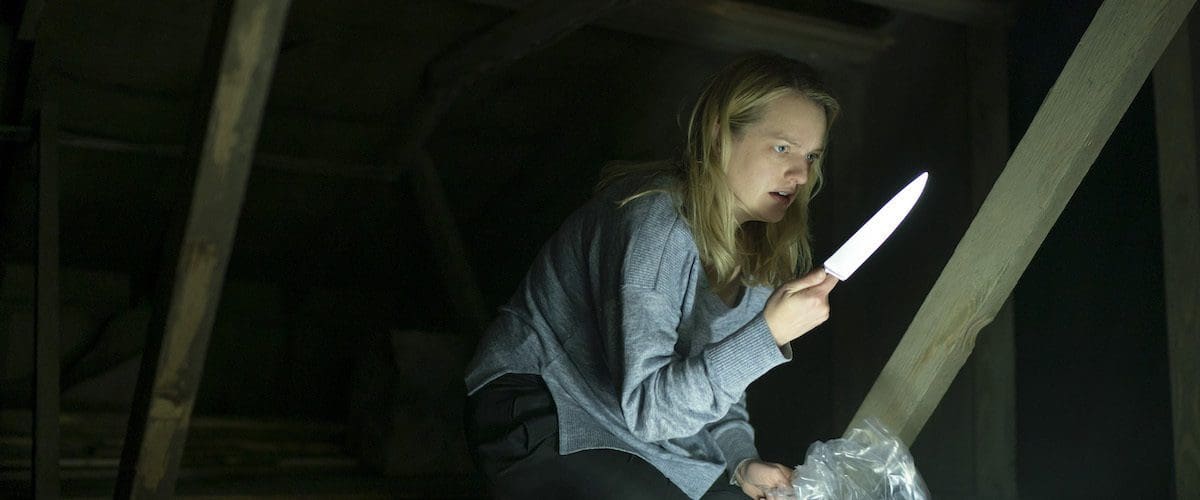
I’ve talked a lot about the plight of the Dark Universe.
I even made a presentation, complete with an insane amount of data compilation and charting, detailing exactly where Universal went wrong in the direction of their monsters. I did this partly out of a love for the Golden Age classics like Bride of Frankenstein and the original Invisible Man and Mummy movies. I also did this out of a disdain for the corporate, calculated nature of this emulation of Marvel’s formula and the truly incompetent handling of a wonderful IP by Alex Kurtzman.
But when the trailer for The Invisible Man came out, I felt a twinge of hope. It seemed like a return to actual horror, with Leigh Whannell attached—a director who’d established his ability to write and direct dark material with a handful of Saw and Insidious movies to his name, as well as the sleeper hit, Upgrade.
For the most part, my hope was justified. This movie is very good, and certainly a step in the right direction for Universal. One highlight is the performances, Elisabeth Moss in particular brings in just the right amount of unhinged to a challenging role. I’m glad her next role is Wes Anderson’s The French Dispatch, because she definitely deserves something relaxing after this.
The cinematography is stunning, negative space doing the work of 20 monsters as the camera pans to a corner and rests. That element is captured effectively by letting you wonder where the invisible man is as the main character does, creating these moments of dread that linger with silence louder than any screeching string section.
But for some reason, there are times when these effective choices are abandoned. There’s a scene late in the movie where a fight straight out of Upgrade breaks out, complete with frenetic camerawork like 90-degree rotations and stylish combat. But why is it here? It doesn’t feel like I’m watching the same movie. This feeling is replicated in moments where the tension-filled silences are replaced with classic Blumhouse screeching violins that are bad to the point that I, a person who notoriously doesn’t notice scores, noticed it.
These moments are infrequent, though, causing some puzzlement but ultimately not detracting from the film significantly. So, there you have it. A pretty good invisible man movie.
And yet.
It’s unfair to judge a movie based on what it’s not. I know this, but on a more realistic level, it’s impossible not to let bias creep in. So, when you’re watching a movie that ties itself to another as a remake, or a reboot, or a reimagining, or whatever the flavor of the week is, is it still unfair when you’re disappointed elements from that source material don’t show up? Am I an old grump now because I honestly expected a guy to drink a potion to become invisible, and when the inevitable modernization occurs, the sterile, grounded nature of it leaves me cold?
Maybe people are past silly ideas like potions, even when they’re treated seriously, and I’m clinging to a trope of a bygone era. But this commitment to the bit is part of what I like about movies like The Witch and The Color Out of Space. The otherness of these ideas, like an actual witch with magic and the unknowable cosmic power of the meteor, is part of what makes them frightening. So yes, I’d rather have a guy driven mad by some concoction whipped up in the lab than *SPOILER* some stealth suit covered in cameras for the sake of realism.
At the end of the day, Leigh Whannel and company have done an admirable job. It’s the best Dark Universe movie by a long shot. But is it the best movie named The Invisible Man? We’ll just have to see.

